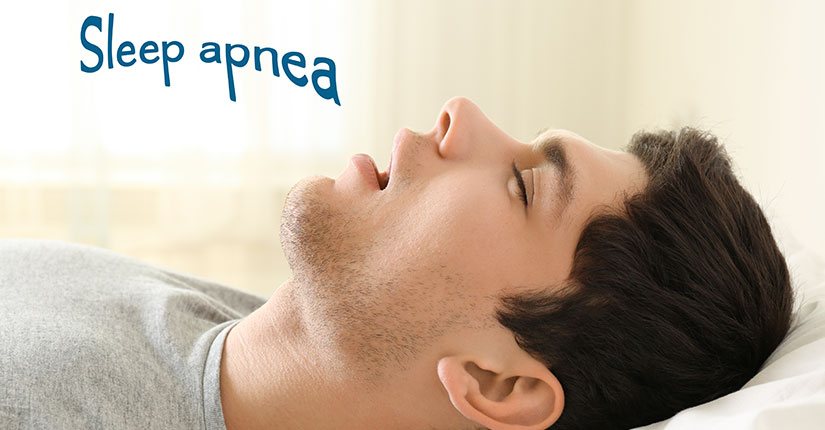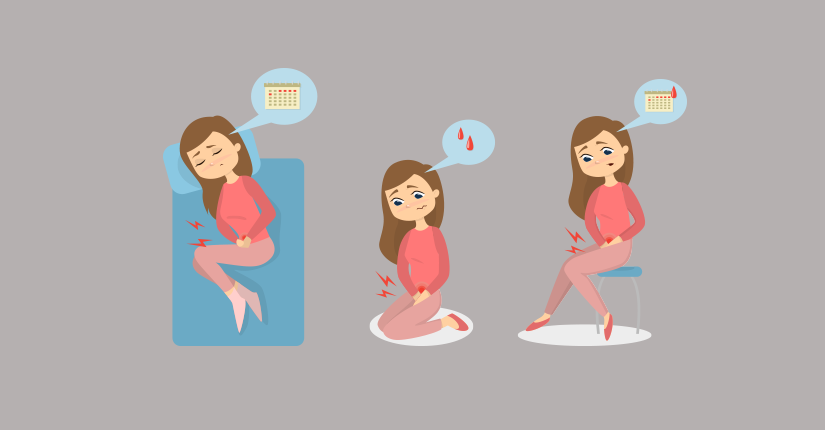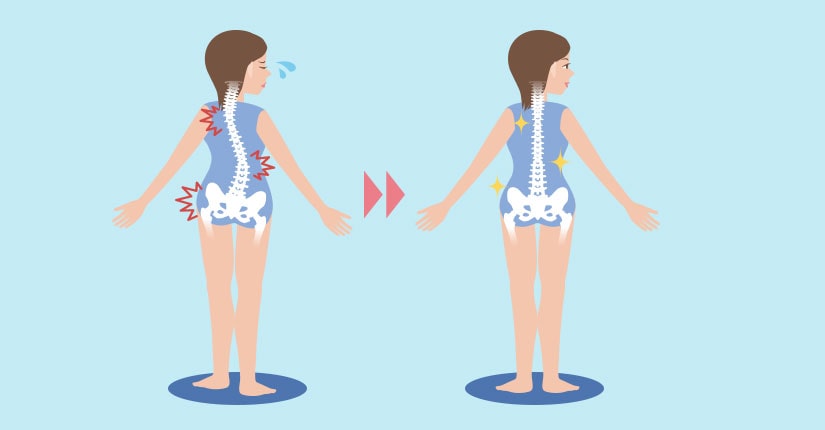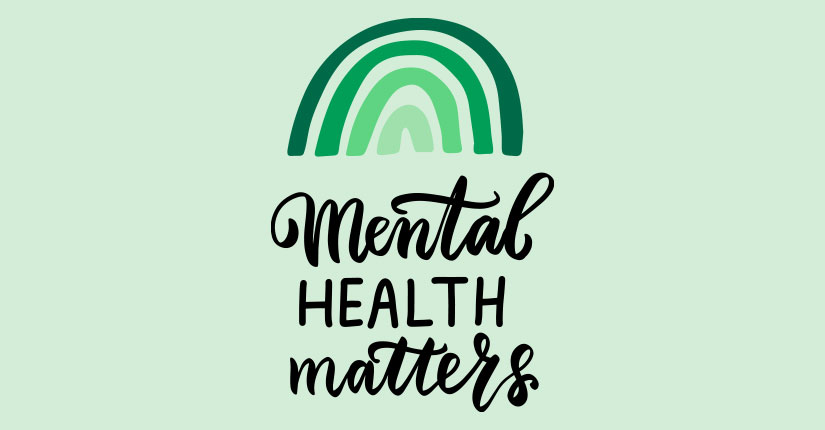Five Things You Need to Know About Obstructive Sleep Apnea
By Nmami Agarwal 04-Jun 2022 Reading Time: 4 Mins

Obstructive Sleep Apnea (OSA) is a disorder where your breathing starts and stops while you are sleeping. It occurs when the throat muscles are relaxed during sleep, blocking the upper airways. Your body struggles for air, causing an increase in heart rate, interrupted breathing that can last for at least 10 seconds while asleep. Your brain and body jolts awake, disturbing your sleep.
The most common symptom of Obstructive Sleep Apnea is Snoring. If you’re worried that you or someone you care about may have this condition, Here’s 5 things you need to know about Obstructive Sleep Apnea:
Who is more likely to get OSA?
This condition is most common in older males and obese people. Men are twice as likely as women to be diagnosed with sleep apnea. However, Being overweight, having a family history of sleep apnea, smoking, a large neck, Age of 40 and above (Men), Age of 50 and above (Women) increase the chances of being diagnosed with OSA.
Are all types of Snoring a symptom of OSA?
Persistent long snoring is a symptom of sleep apnea. The louder and more frequent the snoring, more is the likelihood of OSA. If chronic snoring is accompanied with other symptoms like fatigue, lack of concentration, drowsiness, excessive day time sleeping, gasping during sleep, etc then you need to get a diagnosis by a sleep study specialist.
Is OSA a deadly disease?
Sleep apnea causes sleep disruptions, fall in oxygen levels which can result in Hypertension, Coronary artery disease, Heart rhythm problems, diabetes or even strokes. Lack of sleep causes fatigue during the day which increases the risk of accidents, especially while driving. This condition is also linked to mood disorders, depression and weight gain.
How can I diagnose OSA?
Testing for Sleep Apnea is easy. A Sleep expert checks your mouth, neck and throat. He will ask questions about your sleeping habits, energy levels during the day and your complete medical history. The expert may recommend a Home sleep test or conduct a Polysomnography test at the sleep center itself. This helps monitor your heart rate, brain activity, breathing pattern and blood oxygen level while you are asleep.
How can OSA be treated?
Several lifestyle changes including weight loss, regular exercise, avoiding alcohol and quitting smoking can help relieve the symptoms of OSA. Apart from the lifestyle changes, a Sleep Expert can advise you to use a Decongestant or a CPAP Device which helps pump air at a steady pressure into your airway. This opens up any blocked airways, helping you breathe and sleep better at night.
Over To You:
Sleep is essential for your overall well being. Untreated OSA may have far reaching consequences, Prompt evaluation and treatment can help you lead a better life. If you think you or someone you care about may have sleep apnea, You must schedule a visit with a sleep expert.





















